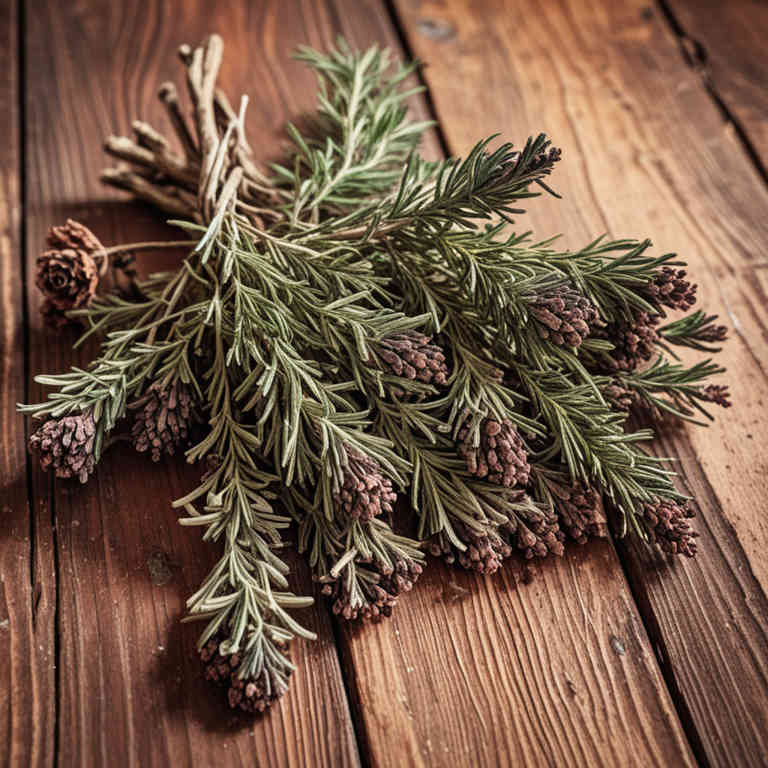Juniperus communis linctuse for medicinal use

Juniperus communis linctuse is a traditional herbal preparation made from the berries of the common juniper plant.
It is often used in herbalism to support respiratory health and as a mild expectorant to help relieve coughs and clear mucus from the lungs. The preparation may also be used to aid digestion and promote urinary function due to its diuretic properties. It is typically prepared as a syrup or tincture and is often recommended for its warming and stimulating effects.
However, it should be used with caution and under the guidance of a qualified herbalist, as it can have potent effects on the body.
Uses
Juniperus communis linctuse has been used to treat respiratory conditions and digestive ailments for centuries.
Historically, it was valued in ancient Egypt and Greece for its expectorant and antiseptic properties, often used to alleviate coughs and bronchitis. In traditional medicine, it was also employed to relieve indigestion and as a diuretic to support kidney function. Modern applications include its use in herbal remedies for colds, flu, and as a natural remedy for urinary tract health.
Today, it is still incorporated into some over-the-counter cough syrups and herbal formulations for its soothing and cleansing effects.
Benefits
Juniperus communis linctuse has health benefits such as aiding in respiratory health, promoting digestion, and supporting urinary tract function.
It is traditionally used to relieve coughs and soothe throat irritation due to its expectorant properties. The preparation may also help in reducing inflammation and acting as a natural diuretic. It is often used in herbal medicine for its antiseptic and detoxifying effects.
However, it should be used with caution and under professional guidance to avoid potential side effects.
Constituents
Juniperus communis linctuse active constituents include terpenes, flavonoids, and essential oils, which contribute to its therapeutic properties.
These compounds are known for their antimicrobial, anti-inflammatory, and expectorant effects. The preparation is traditionally used to support respiratory health by helping to loosen mucus and soothe irritated airways. It may also aid in digestion due to its mild carminative properties.
However, it should be used with caution, as excessive consumption can lead to adverse effects.
Preparation
To make Juniperus communis linctuse, start by gathering fresh or dried juniper berries.
Wash the berries thoroughly and place them in a pot with water, using a ratio of 1 part berries to 2 parts water. Bring the mixture to a boil, then reduce the heat and let it simmer for about 15 minutes. Strain the liquid through a fine mesh sieve or cheesecloth to remove the solids.
Finally, add a small amount of honey or sugar to sweeten the linctuse, and let it cool before storing in a clean, airtight container.
Side Effects
Juniperus communis linctuse may lead to gastrointestinal irritation, including nausea, vomiting, and stomach pain, due to its high concentration of volatile oils.
It can also cause dehydration as it has a diuretic effect, which may be harmful if not properly managed. Prolonged use may lead to kidney damage, especially in individuals with pre-existing renal conditions. In some cases, it may cause allergic reactions, such as rash or itching.
It is important to consult a healthcare professional before using this preparation, especially for long-term or high-dose applications.